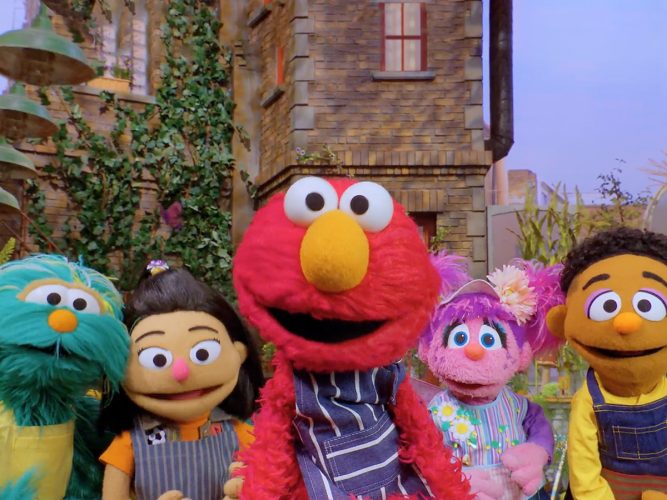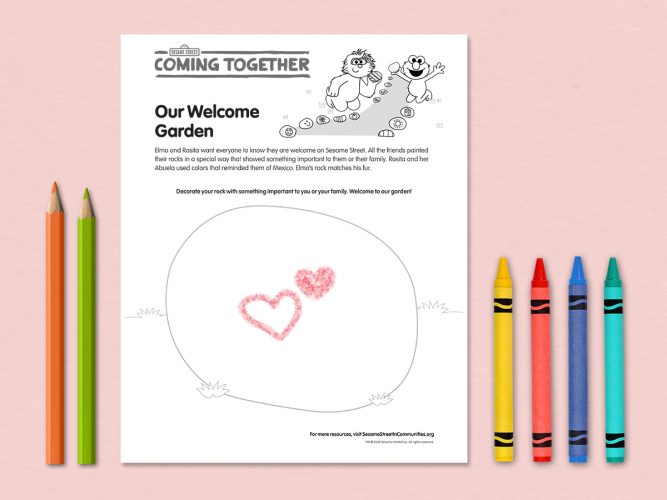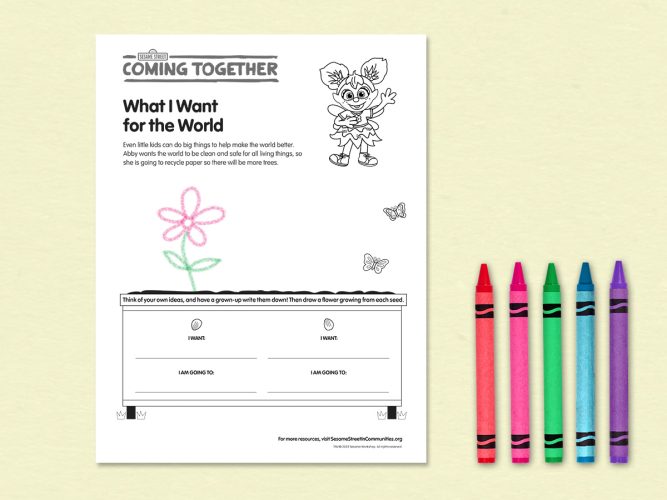
What To Do When Experiencing Racism as a Military Member
For military families that have experienced racism.
By Tiffany Eve Lawrence
Wearing a military uniform is not a shield against racism in the US. One example is a video showing a Black service member in uniform being harassed by a white civilian woman in a public restaurant. And the injustice doesn’t stop at the gates of the local base or duty station. According to a Defense Department survey, Black (31.2%) and Asian (23.3%) members were more likely to experience racial/ethnic harassment and discrimination within their military ranks. Overall BIPOC groups where more likely to experience discrimination.
“The level of trauma and PTSD that goes with experiencing racism can cause distrust among service members. They look at their white leaders and those in their military squadron and wonder if they’ll have their back in the field,” says Jessica Lumpkin, LMHC, NCC.
So how do you cope when you’ve experienced racism? You don’t. No one should be expected to “cope” with violence, frequent trauma, and injustice. But you can take steps to guard your mental health, protect your rights, and keep your family safe.
Guard Your Mental Health
Lumpkin says it’s vital to have a strong sense of self-awareness and self-worth. Knowing who you are keeps you from internalizing what others may think or say. Another guard is knowing when to turn off the news. Unfortunately, racial violence is an ongoing issue, and with body cams and videos from bystanders, we can see it. But watching it again and again can be toxic and traumatizing. Stay informed, but don’t overconsume it.
Protect Your Family
Teach your children their self-worth and how to speak up against racism. It’s also essential to research duty stations before moving to familiarize yourself with the interactions of the area. Is it diverse? Has there been discriminatory activity? What resources are nearby that cater to inclusion?
Report Discrimination and Racially Charged Interactions
In the past, active duty service members didn’t report discrimination because they felt no disciplinary action would be taken. But accountability measures are being put in place by the DOD Board on Diversity and Inclusion. Sections of their 15-part plan aims to improve racial and ethnic diversity and inclusion in the US military by prohibiting extremist or hate group activity, and updating the Uniform Code of Military Justice to address any extremist activity. But diversity also means having equity so the DOD will remove aptitude test barriers that block BIPOC service members from having the same opportunities.
These are just a few of the shifts that are breaking barriers of systemic racism. People are collectively demanding more diversity, equality and accountability and change is happening. And as BIPOC military members, you should be able to receive the same security of freedom and safety that you have pledged to provide for this country.
Source:
Daniel, Samantha, Yvette Claros, Natalie Namrow, Michael Siebel, & Amy Campbell, David McGrath, and Ashlea Klahr. “Opportunity Survey of Active Duty Members”. Office of People Analytics. Retrieved July 1, 2021 from https://apps.dtic.mil/sti/pdfs/AD1113643.pdf
Tiffany Eve Lawrence is a journalist who’s been writing professionally for several years. She has a unique way of unpacking topics that can be uncomfortable, ranging from parenting to mental health and social issues. Her ties to the military as a Marine Corps spouse put her in the center of sharing stories of how those who serve are impacted. Tiffany’s journalism and essays can be found online and in print in various publications, including Parents, Glamour, Romper, Courier Newsroom, Military Families Magazine, and more. www.bytiffanyeve.com
Jessica N. Lumpkin is a Licensed Mental Health Counselor, National Certified Counselor (NCC) with a Master of Science(MS) in Mental Health Counseling from Nova Southeastern University. Her clientele has ranged from children, adolescents, young adults, and families in both military and civilian settings. Jessica has worked in a wide range of therapeutic settings including: in-home, intensive outpatient, and the public schools system. Utilizing evidence-based practices like Cognitive Behavioral Therapy and Person-Centered Therapy, Jessica supports her clients grow more confident to deal with life’s instabilities and enhance self-awareness. During the therapy process she assists clients to discover, explore and understand their thoughts, emotions, and behaviors to increase emotional intelligence. Jessica is experienced working with individuals, families, adolescents, and young adults suffering from depression, anxiety, trauma/abuse, family conflict, career difficulties, life transitions, low self-esteem/self-confidence and everyday issues.

Bea’s Block Kindness Adventure Color & Activity Guide
Activities and coloring pages for children that celebrate kindness.

The Wiggle-Jiggle Game
A video about a getting-to-know-you game that helps kids appreciate similarities and differences.

Welcome to Our Garden
An interactive game in which children add rocks to the Sesame Street community garden.

Community Song
A video about community.

Musical Show & Share
A video about coming together to create something beautiful.

Our Welcome Garden
A printable page about a community rock garden.

What I Want for the World
A printable page about making a difference in the world.
